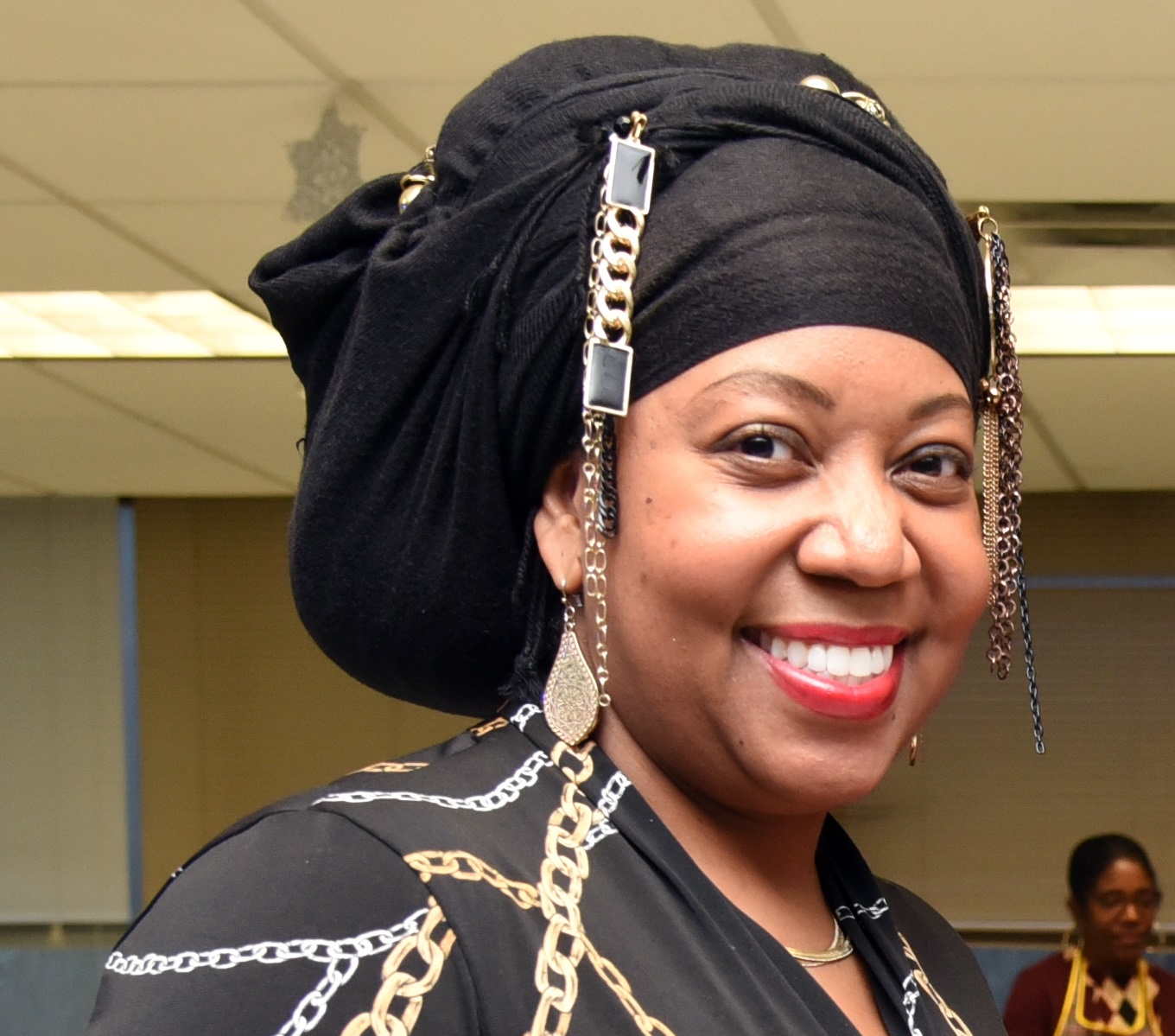Justice Walker-Diallo breaks barriers and confronts Islamophobia in the legal system

Photo: Caroline Ourso/Brooklyn Eagle
In a recent episode of the Diversity Dialogue podcast, hosted by the NYS Unified Court System, Hon. Carolyn Walker-Diallo, New York City Civil Court Administrative judge and the first Muslim person to serve as a judge in New York State, shared her experiences and challenges in promoting diversity within the legal system.
It didn’t take long for people to take notice of Justice Walker-Diallo as she marked her appointment in 2015 by taking her oath of office on the Qur’an, leading to a public backlash that included severe accusations and threats to her safety.
“I was actually shocked by the backlash,” Justice Walker-Diallo said on the podcast. “Of course, I was disappointed. I was hurt and I was concerned for my safety and my family’s safety. We had to have NYPD presence outside of my house for a certain amount of time, but it was definitely eye-opening to know that certain people, not all, because there’s some amazing people in this state, this city and this country, but that we have a lot of work to do in terms of understanding each other and recognizing that we are so diverse in this country and that ‘American’ doesn’t look one particular way.”